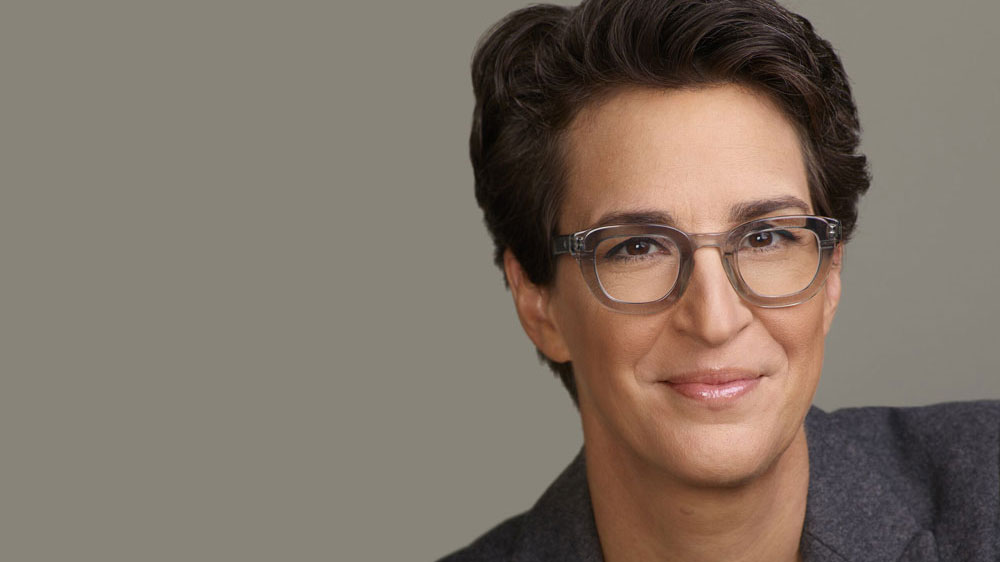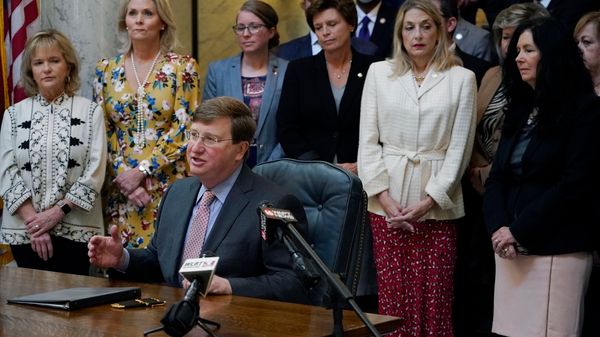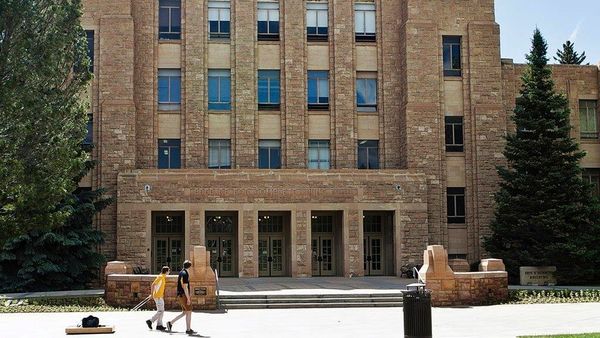February 23, 2012
Liberia's Senate to Consider Anti-Gay Bill
Jason St. Amand READ TIME: 3 MIN.
Liberia's Senate will consider a bill Thursday to strengthen the nation's existing anti-gay laws, a senator said, as another West African nation, Cameroon, announced the arrest of 10 women suspected of being lesbians.
Cameroon Radio Television reported Thursday that the 10 women are being detained in Ambam, some 190 miles (300 kilometers) south of the capital of Yaounde, until they go to trial.
Consensual same-gender sex is considered criminal in Cameroon and punishable by a jail sentence from six months to five years and a fine. Gay rights defender and founder of the Association for the Defense of Homosexuals, Alice Nkom, says detainees in Cameroon are frequently tortured in police stations to force them confess.
Meanwhile, Liberia's former first lady, Senator Jewel Taylor, submitted a bill last week that would prohibit same-sex marriage and make homosexuality a first-degree felony, punishable by up to 10 years in prison.
"We are only strengthening the existing law," she said. "Some media are reporting that I said anyone found guilty of involvement in same sex should face the death penalty, I did not say so, I am calling for a law that will make it a first degree felony," she told the Associated Press.
The current law considers gay relationships a first-degree misdemeanor, which carries a punishment of up to a year in prison.
"We are looking at it critically" and will put it before the entire Senate "during our next sitting on Thursday," Senator Joseph Nagbe, chair of the Judicial Committee, told The Associated Press.
If passed by the Senate, the strengthened bill would then go the House and then the president.
Liberia's President Ellen Johnson Sirleaf, a recent Nobel Peace Prize winner, has said she will not sign any such bill into law.
"Liberia is a member of the global community and therefore cannot kick against the rights of others to do what they choose to do," said Archie Ponpon, chairman of the newly-formed gay rights advocacy group the Movement for the Defense of Gays and Lesbians in Liberia.
Ponpon and his family have already faced hostility because of his fight for gay rights in Liberia. Weeks ago, his mother's house was set on fire and he and another advocate, Abraham Kamara, were mobbed by angry students while campaigning at the University of Liberia.
"We will not relent," he said. "People will come to the realization that in this day and age, individuals should be free to practice what they wish."
A wave of intense homophobia has been washing across Africa in the past few years, where homosexuality is already illegal in many countries.
"It's getting worse," Cameroon gay rights defender Nkom said of homophobia.
"People accused of homosexuality are put in jail straight away" she told reporters in November after three men were each sentenced to five years in prison for homosexual acts.
International rights groups, including Amnesty International, have frequently lambasted Cameroon's homosexuality law, demanding its abolition. But the authorities have turned a deaf ear to such requests. Last year, the government demanded and successfully obtained the withdrawal of grants allocated the Association for the Defense of Homosexuals by the European Union.
Nkom said she has received numerous death threats from fellow lawyers and Cameroonians, as well as a threat from the Ministry of Justice to dismiss her from the country's roster of legal practitioners.
Contempt for homosexuals has led to anti-gay legal measures elsewhere in Africa. Last year, Nigeria's Senate voted in favor of a bill that would criminalize gay marriage, gay advocacy groups and same-sex public displays of affection. Two years ago, Ugandan legislators introduced a bill that would impose the death penalty for some gays and lesbians, though it has yet to become law.
In January, U.N. Secretary-General Ban Ki-moon said African nations should stop treating gays as "second-class citizens, or even criminals." Ban told African leaders that discrimination based on sexual orientation "had been ignored or even sanctioned by many states for far too long."






